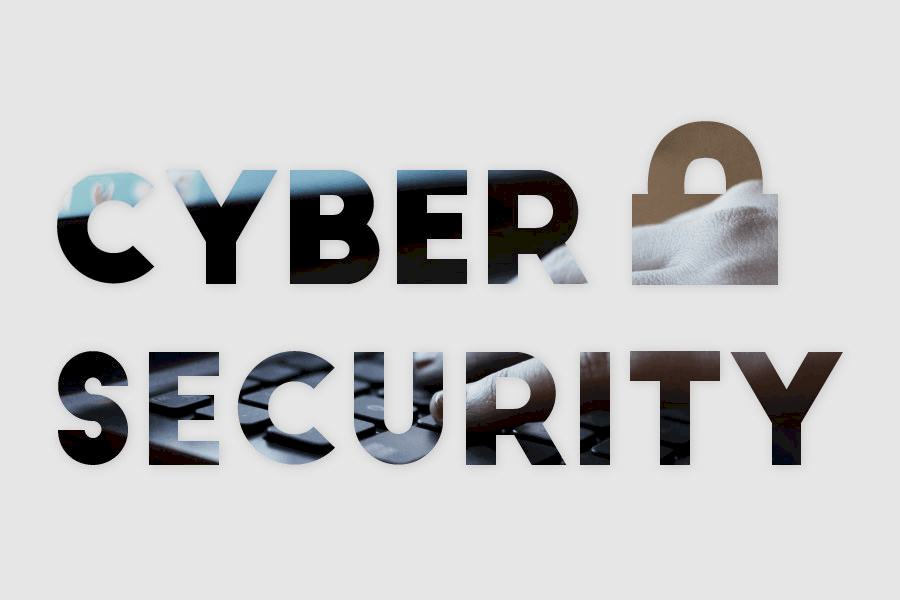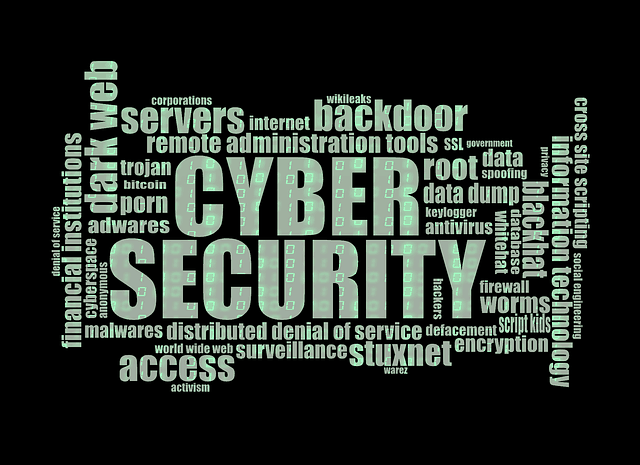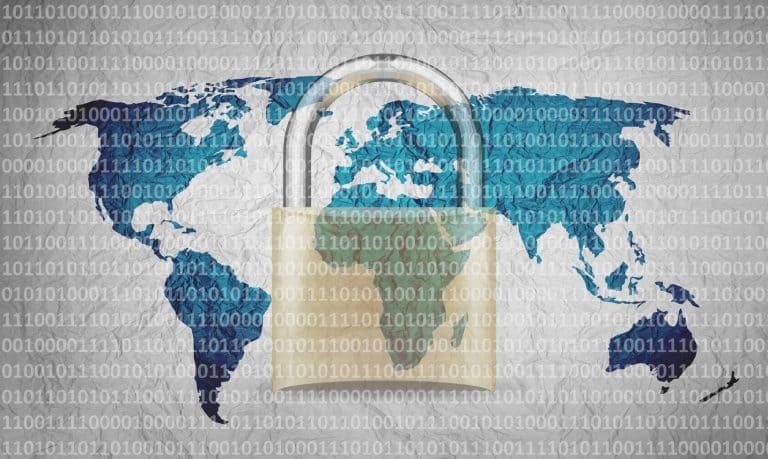Importance of Endpoint Security

Despite the complicated cybersecurity landscape, many organizations have yet to implement a comprehensive security policy. Fortunately, you can take steps right now to protect you and your business.
Although your network and servers may become targets, you should remember that you also have vulnerable endpoints. These are the computers, printers, smartphones and other devices that tap into your IT infrastructure.
You and your team members use endpoints to interact with software and networks as they work. For this reason, they can become susceptible to cyberattacks as diverse as viruses and phishing.
Continue reading to learn more about the importance of endpoint security to your business.
Endpoints as gateways
Hackers recognize endpoints as gateways to your network for cyber intrusion. For starters, busy users often lack the time and expertise needed to evaluate everything they do from a security perspective. Add the human error to the mix, and you understand the severity of the problem.
Additionally, in the business environment, computers and other devices often lack the latest operating systems, bug fixes and patches. So, companies that lack dedicated IT personnel often discover that their inability to properly maintain devices can hurt them.
Mobile devices add further complications to attempts to secure endpoints. After all, many employees and visitors connect their personal devices to your network. As a result, you can easily lose track of how many and which devices have access to your resources.
Early warning
Now that you know that endpoints act as gateways for cyber threats, you can use them to your advantage. By taking appropriate countermeasures such as education and maintenance, you can become aware of early attempts to compromise your business and its data.
So, include reporting as part of your IT security policy. By making security a team effort, you can dramatically improve the survivability of your business. However, you need to take steps to make early detection fast and easy.
For example, consider requiring the installation of dedicated apps on every endpoint that can block malicious links and other malware. Similarly, you can install apps that counter phishing threats. With such apps in use, you know when you’re under attack while minimizing threats.
False results
Beware that hackers can leverage your countermeasures to introduce new vulnerabilities. By flooding your endpoints with attacks, they can learn more about your company’s culture and learn how to appear legitimate to your users.
Even worse, hackers can trigger so many false positives that users become immune to their warning signs. When this happens, they may expedite their work by disabling endpoint security apps and avoiding the reporting of security concerns as they arise.
Similarly, sometimes innocent behavior can trigger false results. For instance, suppose users attempts multiple logins and triggers a security event. In such cases, users may have forgotten their passwords. For this reason, constant contextual assessments are required.
Evolving threats
Even when you recognize and understand the importance of securing your endpoints, you can make things easy for hackers. After all, you may feel as though you addressed the issue and start focusing on other parts of your business.
As time passes, hackers change their tactics, often rendering your security software and training obsolete. You must remain continuously vigilant to ensure that your endpoints stay safe.
To put it differently, never overestimate the effectiveness of your security countermeasures. Stay updated with the latest news about emerging threats and how you can counter them. So, never leave your fate either to automation or one-time security training activities.
Security tactics
As part of your ongoing effort to secure the endpoints in your business, consider implementing some commonsense tactics and technologies. For example, you can use data encryption to minimize the damage that occurs when hackers gain access to your network.
Acquire a mobile device management system (MDM) to keep track of the endpoints that use your network. An MDM can manage third-party applications, validate devices and perform penetration testing to add a strong layer of protection to your business.
Also, remember that your users are all individuals. They have different preferences, have different areas of expertise and behave differently in similar situations. With this in mind, you should recognize that you may need a variety of software applications to meet the security needs of each individual.
Ultimately, endpoints are important to your business because they represent your greatest vulnerabilities. In addition to the weaknesses of connected devices, human error and shortcomings can unwittingly simplify the job of cybercriminals.
Respond to the importance of endpoint security right away. For starters, design and implement an effective ongoing security training program for your firm. Additionally, ensure that you properly update and manage all connected devices.
With so much at stake, you may feel overwhelmed while trying to secure your business’ data, network and endpoints. Consequently, you may want to get advice from professional security advisors or use the services of a professional network security firm.





